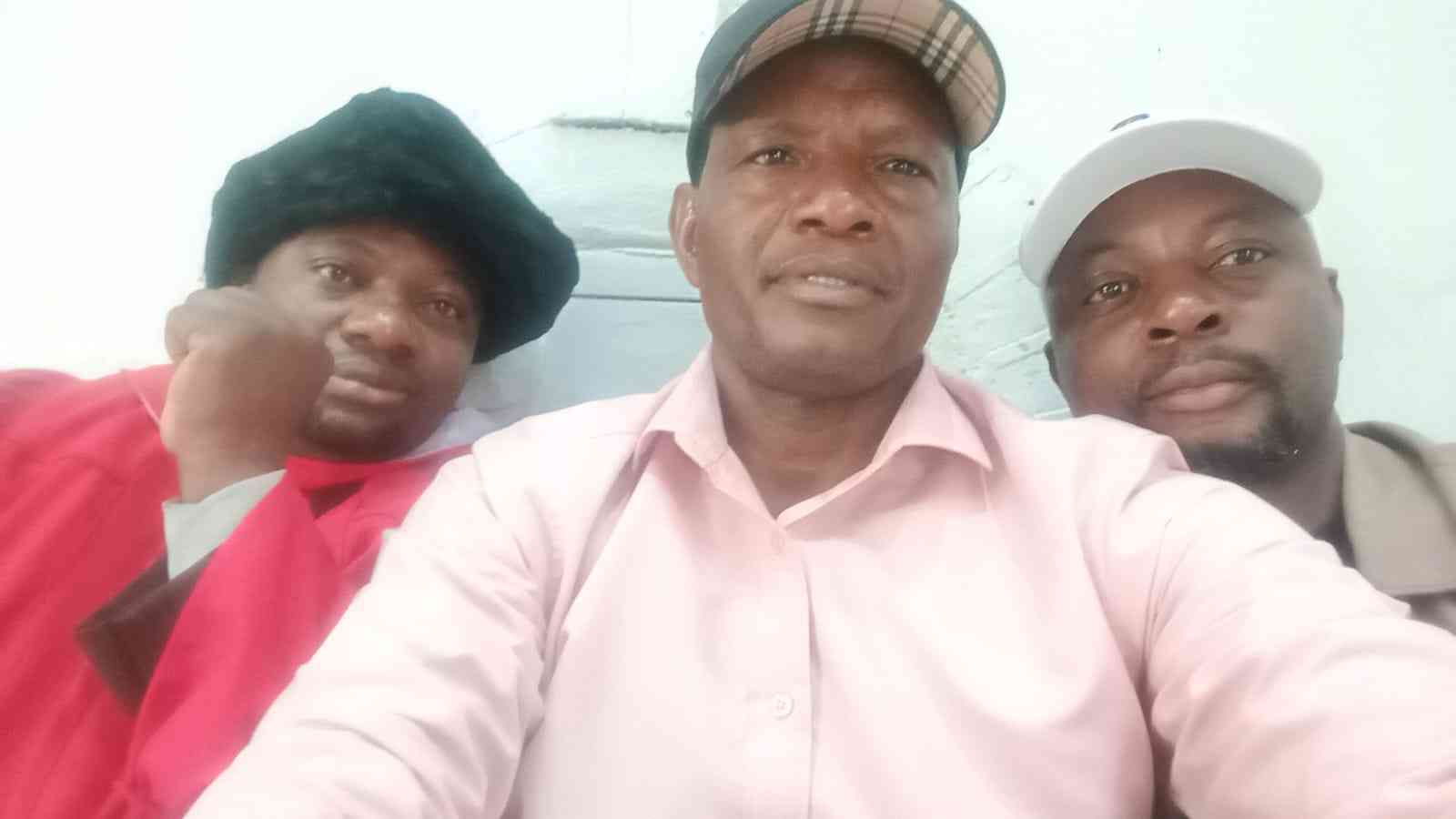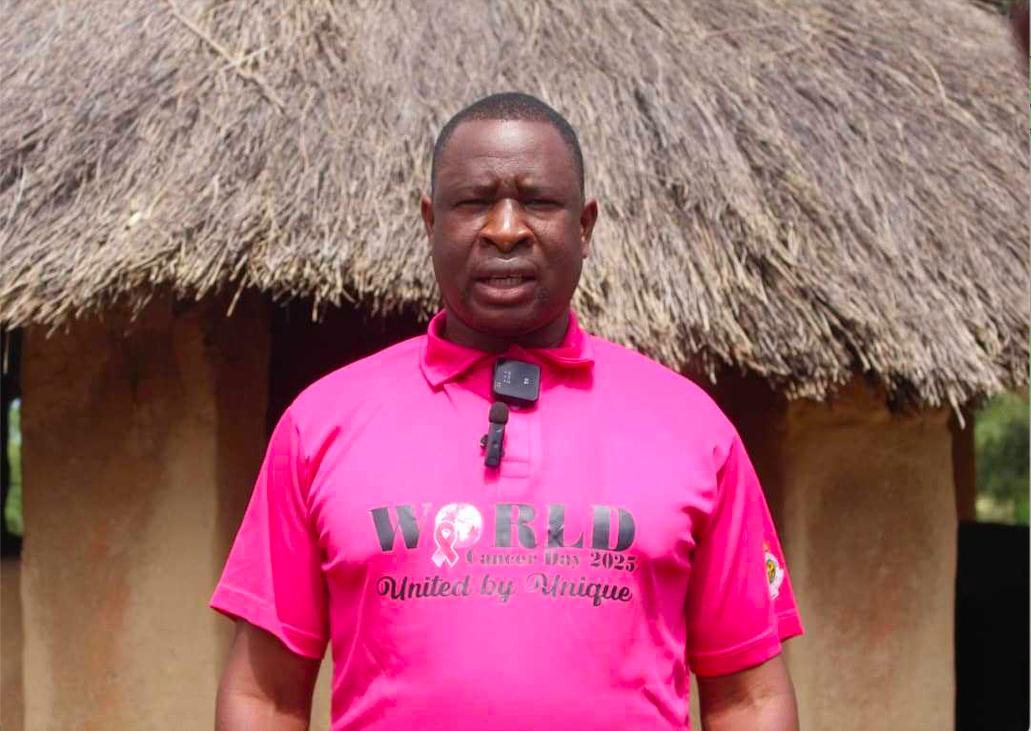
The harrowing experience that Doreen (not real name) underwent at the hands of law enforcement agencies seems to confirm sentiments from critics and human rights watchers that the discovery of diamonds in Zimbabwe was more of a curse than a blessing to the region.
by Edgar Gweshe
Like many other villagers from the diamond mining area of Marange, Doreen fell victim to human rights abuses that were perpetrated on local people by law enforcement agents. She was gang-raped and she says she will never be able to forget the horror.
What pains her most is the fact that justice was never brought to the known perpetrators even after the case had been reported to the police.
Like many others in her position, Doreen is shaken, angry, traumatised and lives in perpetual fear.
The government deployed soldiers and police in Marange in 2008 following the discovery of diamonds. The operation was meant to put an end to illegal mining and what followed was a series of human rights violations as the police and army descended heavily on illegal gold seekers.
“For many of us, illegal diamond mining was a means to earn a living as we had been left with no alternatives after we were moved from our area to pave way for diamond mining,” says Doreen who breaks down as she relives her ordeal.
“We had no choice except to play hide and seek with soldiers and police officers who were deployed to secure the area. In some cases, we would be beaten up but it was in 2009 that the most unfortunate thing happened to me.
- Chamisa under fire over US$120K donation
- Mavhunga puts DeMbare into Chibuku quarterfinals
- Pension funds bet on Cabora Bassa oilfields
- Councils defy govt fire tender directive
Keep Reading
“On that day I was looking for firewood when I was apprehended by a group of four police officers who grabbed me and started to make sexual moves on me. When I resisted their moves, one of them tripped me to the ground and told me that they would rape me for being an outlaw. This, they said, was meant to send a warning to others that illegal diamond mining is not done.”
She reported the case to the police but was told in no uncertain terms that the police were not entertaining cases from illegal diamond miners.
“Even though I told them that I could identify the people who had abused me, I was told that there was nowhere that I would get justice,” Doreen said.
“The message that I got was that the operation by the police and army was an order from high above and as such, they [police and army] were above the law and free to do as they wished.”
Her case is similar to that of Melinda who was also raped after she, together with three other female villagers, were rounded up by a gang of soldiers. They were gang-raped for trespassing in the diamond fields.
“We were apprehended at around mid-night and told that we would only be released after having sex with them. We tried to resist and they started beating us with batons. They overpowered and raped us one after another,” Melinda said.
“Some of my peers did not report it to the police for fear of being victimised further because we had heard of cases of some girls who had made police reports but ended up being locked up. For the police, a case of sexual assault was nothing, especially if it had been perpetrated against illegal diamond panners.”
According to the Chiadzwa Community Development Trust (CCDT), many cases of sexual abuse of women by law enforcement agents were swept under the carpet.
CCDT coordinator, Melanie Chiponda, says that the Zimbabwe Republic Police’s (ZRP) inaction on issues of rape of Marange women led to people losing confidence in the law enforcement agents and many suffered in silence.
In some cases, according to the CCDT, the victims ended up being regarded as the perpetrators, especially those who would have been assaulted while in the diamond fields.
Because of fear, most victims decided to suffer in silence while others dreaded the stigma associated with sexual abuse.
Gang rape was used by soldiers and police to threaten poverty stricken villagers against illegal diamond digging.
What worsened the illegal diamond digging was the villagers’ displacement as a result of diamond mining, leading to them losing their sources of livelihoods.
Said Chiponda: “Many rape cases died just like that, especially when they involved soldiers or the police. Sexual harassment was a form of punishment, just like the beatings that most people had to endure and continue to endure up to now.
“Even after being raped, victims did not receive medical assistance to avoid pregnancies and we had to run around to make sure that they were safe. In many cases, it became a double tragedy as they ended up being divorced, with their husbands blaming them for the rape. That is why some decided to keep quiet after they had been raped.”
Efforts to get comment from the Counselling Services Unit (CSU) which used to offer assistance to the rape victims were unsuccessful.
“We referred most of the victims to the CSU where they received counselling and treatment. This was because in most of the cases, local hospitals were unable to assist the victims,” said Chiponda.
Marange Development Trust (MDT) chairperson, Malvern Mudiwa, confirmed the cases of rape of villagers by law enforcers. The major challenge, according to Mudiwa, was the dire economic situation that forced women and children to take risks in the diamond mining areas.
“The problem is that women sometimes bear the brunt of poverty more and as such, they are forced to do activities like illegal diamond panning to provide for their families.
“Rape is a major issue in Marange and in some cases, we have women who voluntarily offer themselves to the soldiers and police in the hope that they would get paid for their services and when they do not get paid, they report their cases but always in vain,” said Mudiwa.
Zimbabwe Diamond Allied Workers Union (Zidawu) chairperson, Cosmas Sunguro said cases of rape of female villagers by the police and the army were rampant in areas close to diamond mining companies. He gave examples of Chipindirwe and Detera villages.
“There are cases of unwarranted searches on women by the police and soldiers to an extent that some of the searches end up being acts of sexual abuse. Justice however is not served in many of these cases as the police and army are above the law in the diamond mining areas,” said Sunguro.
“Other cases involved abuse at the workplace, especially at Anjin where the Chinese were notorious for abusing Zimbabwean women and even those who would have been arrested for trespassing. “Because the Chinese have some kind of immunity from the law, the cases just died like that.”
Anjin officials could not be reached for comment while the Zimbabwe Republic Police were dodging questions relating to issues of sexual abuse in Marange.









